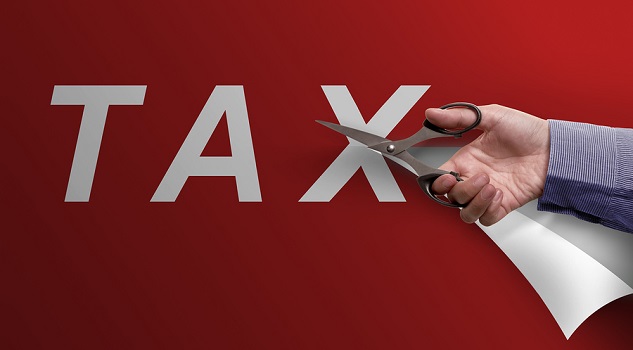The top small-business tax deductions you’ve been missing out on.
With tax time upon us, small-business owners should be starting to think about which deductions they can claim. Although changes to the law can sometimes be challenging to interpret, it has remained true that there are plenty of expenses small-business owners can claim that relate to the running of their business.
Here are a few tax deductions to keep front of mind, so you can make the most of your tax return.
Starting up
Some business owners don’t realise that not only can you deduct current expenses, but you can also deduct the costs of getting your business started, or capital expenses, over a longer period of time. It was announced at the federal budget that the instant asset tax write-off will be extended from $20,000 to $30,000. This means business assets over $30,000, such as a brand new work van, are combined into a pool which can then be deducted by 15 per cent in the first year and 30 per cent in each subsequent year.
The home office
If you have a dedicated work-only space such as a home office, you can claim deductions, so long as it really is for work only! Some of the related deductions include:
- Occupancy expenses. Costs relating to the space you use to run your business can also be claimed, including rent and mortgage interest. However, it’s dependent on the percentage of your home that is used for business. For instance, it’s likely you can claim bigger deductions if three rooms of your house are dedicated studios for a fashion business, than if you run a graphic design business from your kitchen table.
- Phone costs. If you have a second landline exclusively for business, it is also a deductible expense.
Insurance premiums
Insurance premiums that protect your business’s capacity to earn an income are deductible. They include:
- Income protection. You can claim against premiums that protect you against a loss of income. Life or critical care insurance, however, are not eligible.
- Commercial car insurance. The percentage you use the car for work is the percentage of your car insurance you can deduct.
Travel and transportation
There are a number of deductions that can fall under this category, including:
- Motor vehicle. Fuel, maintenance and registration costs can be deducted for business owners who use their personal car for work-related reasons, apart from driving to and from work.
- Trips. If you’re travelling anywhere on business, you can claim deductions on airfare, train, bus or taxi fees. Make sure to keep track of all business-related receipts to make figuring out this deduction easier.
Interest
If you use a credit card to finance an income-producing business purchase, such as a camera if you’re a photographer, the interest on the transaction can be tax-deductible. It’s crucial that you keep records to show the funds were used for business purposes.
Business services
Fees for the services you use to conduct your business are tax deductible in the same year that you incur them. They can include anything from bank fees to business-related internet use.
Continued education
You can claim back on expenditure for business-related training, providing the course you undertake leads to a formal qualification and is likely to result in an increase in your income from your current work activities.
For many small-business owners, tax can be hard. But if you’re diligent, it can be made easier. The most important thing to do is to document everything and keep records throughout the year. So long as you earn more than you deduct annually, you’re in good shape.
Disclaimer: Invoice2go does not provide tax, legal or accounting advice. This article has been prepared for informational purposes only, and is not intended to be relied on for tax, legal or accounting purposes. You are strongly encouraged to consult your own tax, legal and accounting advisors to determine how the information may relate to you or the specifics of your business.
Greg Waldorf, CEO, Invoice2go
This story first appeared in issue 25 of the Inside Small Business quarterly magazine.











